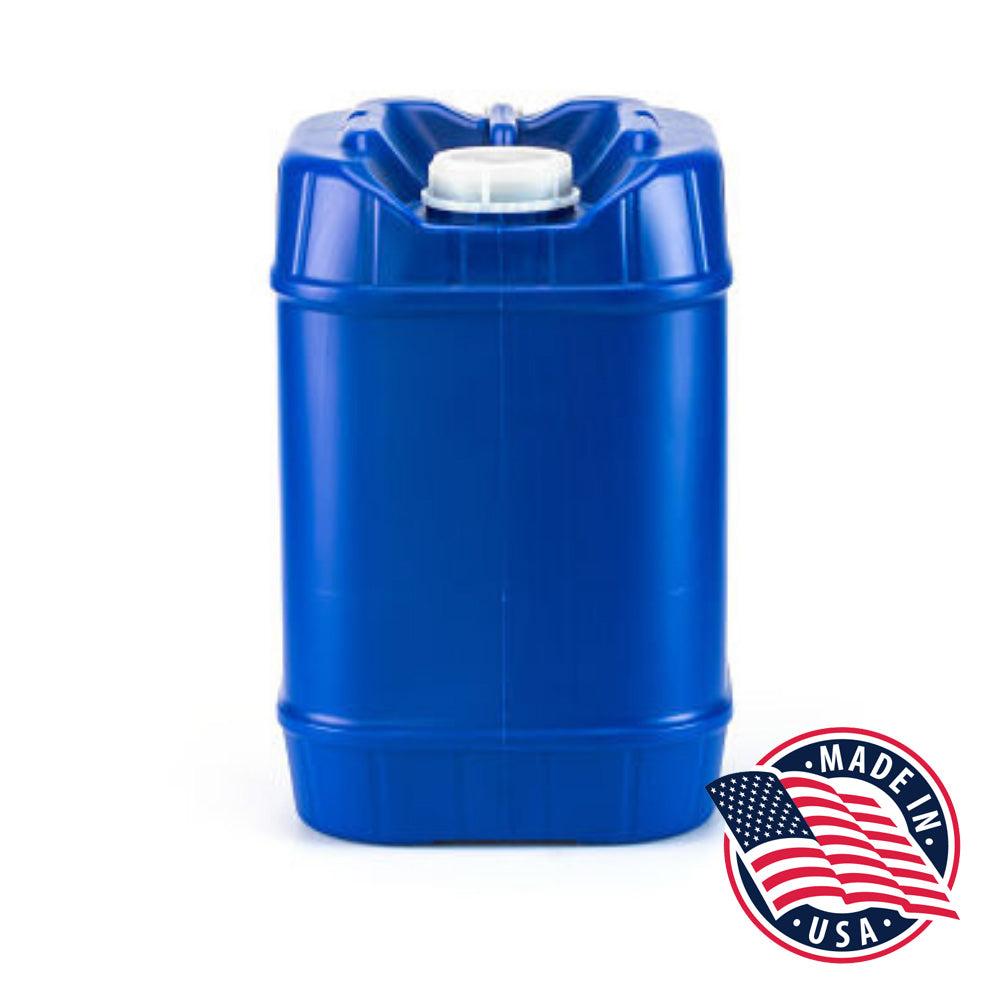When disaster strikes, the first 72 hours are critical. From treating life-threatening injuries to ensuring sufficient food and water, how you use your time matters. In major disasters, it may take 72 hours or longer before rescuers arrive. So, how do you survive independently after a disaster?
Preparation and practice are essential long before an emergency occurs. Since it’s impossible to predict disasters, it’s wise to stock up on 72-hour emergency survival kits and review your emergency plan with family and friends at least twice a year. Below are essential tips to help you survive after a disaster.
1. Stop. Think. Don’t Panic.
Disasters are unexpected and overwhelming, but a focused mind is your most important asset. Panic, stress, anger, and frustration can worsen the situation. Take a moment to assess your surroundings, identify immediate dangers, and create a plan to address them.
2. Render First-Aid if Necessary and Possible
Stabilize the health of those critically injured. Prevent blood loss, ensure clear airways, and keep everyone calm to avoid shock. Your first-aid kit should include essentials and a wool blanket or warm clothes to help retain heat in emergencies.
3. Find a Safe Place
After a disaster, assess whether your current location is safe. If there’s structural damage or potential danger nearby, move to a safer area. Ensure everyone in your group is able to move, and once you’ve reached safety, stop, think, observe, and plan your next steps.
4. Signal for or Find Help
Signaling for help may be easy or difficult depending on your location. Use a whistle, flashlight, reflective mirrors, or bright clothing to attract attention. In open areas, starting a fire can help signal others, but exercise caution in urban environments with potential fumes or flammable items.
5. Find Drinkable Water
Staying hydrated is essential for survival. If uncertain about water safety, boil, filter, or purify it. When assembling your 72-hour kit, include at least 3 gallons of clean water, a water purifier, or purification tablets to help prevent dehydration in a crisis.

6. Find Shelter
Protect yourself from the elements by finding or creating shelter. Exposure to wind, rain, sun, cold, or heat can worsen your health. Use available materials to create temporary shelter if necessary, and be cautious of any nearby risks or dangers.
7. Have a Way to Start a Fire
A fire provides warmth, a way to boil water, and a means to cook food. Keep waterproof matches, a lighter, and a magnesium fire starter in your emergency kit. Before starting a fire, ensure your surroundings are safe. Remember, knowing basic survival skills will increase your likelihood of staying safe and healthy during emergencies.













